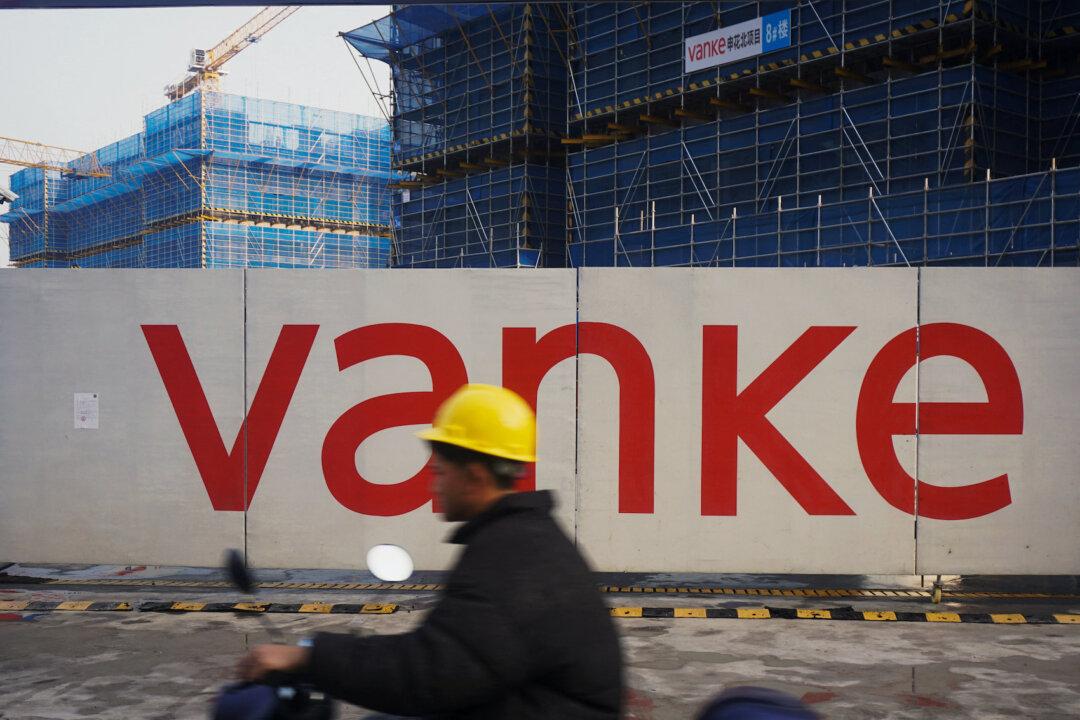News Analysis
For all the excitement stirred up in China’s market by the recent GDP numbers, some global investors believe that the fortunes of the property market hold more significance to China than a few encouraging numbers.

For all the excitement stirred up in China’s market by the recent GDP numbers, some global investors believe that the fortunes of the property market hold more significance to China than a few encouraging numbers.